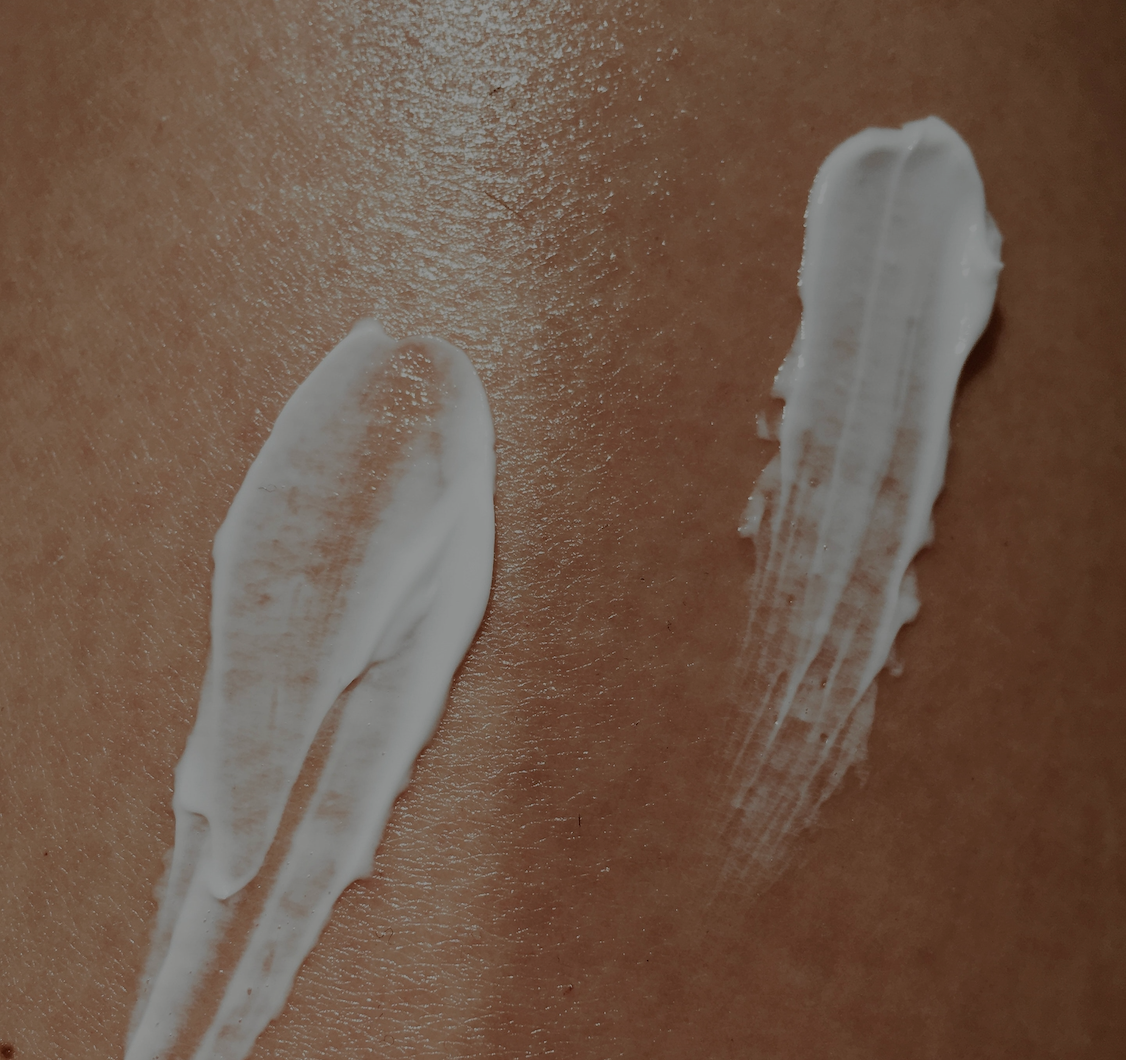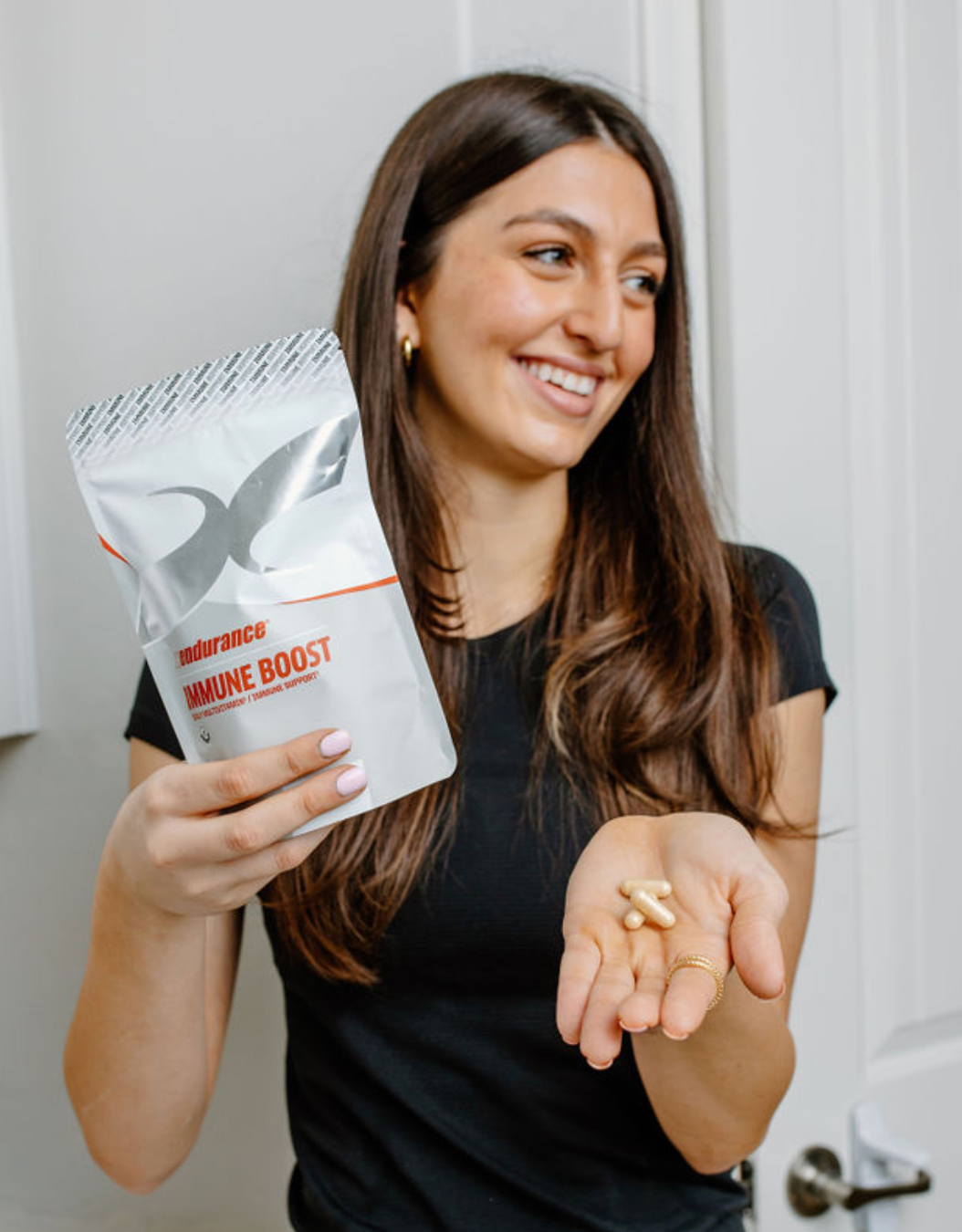The primary function of our skin is to protect it from damage caused by external influences. As such, skin barrier damage can make you more vulnerable to bacteria and other pathogenic microorganisms, the sun's harmful UV rays, and air pollution, among others.
How to tell? Well, dry skin, scaly patches, and acne breakouts are some telltale signs that your skin barrier isn't working as intended.
Thankfully, there are several things we can do to heal skin barrier damage and stop it from happening again.
Here's what you need to know about skin barrier damage and what to do about it.
What Is the Skin Barrier?
The stratum corneum, or skin barrier, is the outermost layer of the skin.
The skin barrier is often described as a brick wall. The corneocytes — dead skin cells, keratin filaments, and water — serve as the "bricks." Meanwhile, lipids such as ceramides, free fatty acids, and cholesterol serve as the "cement."
This forms a two-way barrier that permits water retention, swells the corneocytes, and avoids cracks between them. At the same time, the barrier also fends off pathogens and environmental stressors from entering the deeper layers of the skin.
Causes of Skin Barrier Damage
The skin barrier is our first line of defense against harmful substances. However, it is also vulnerable to harm — becoming thinner and/or damaged in the process.
The most common causes of skin barrier damage include:
Skin Conditions
Studies have found that a damaged skin barrier is a central feature of certain skin conditions such as eczema, ichthyosis, rosacea, and psoriasis. Those with acne-prone skin have also been found to have impaired skin barrier function.
Aging
As we age, the skin barrier becomes weaker and more permeable. Skin barrier function is also altered due to the loss of water, collagen, and other essential lipids.
Lifestyle Factors
Some lifestyle factors can cause skin barrier damage. This includes an unhealthy diet, not getting enough sleep, smoking, and drinking too much alcohol — all of which can deplete essential lipids and compromise your skin barrier.
Stress and using medications can also alter your skin barrier's function.
Skincare Habits
Overwashing your face with hot water, over-exfoliation, and using harsh alkaline cleansers can alter your skin's pH levels and strip your skin of its natural oils — thereby making your skin barrier more vulnerable to harm.
Not using moisturizer is also one of the most common causes of skin barrier damage. Moisturizers can help replenish essential lipids, which can strengthen your skin barrier.
Environmental Stressors
Humidity, UV exposure, pollutants, and other environmental stressors can cause oxidative stress, leading to moisture loss and skin barrier damage.
How to Tell If Your Skin Barrier Is Damaged
The most common symptoms of skin barrier damage include:
- Acne breakouts
- Inflamed and irritated skin (redness)
- Dry and flaky skin with rough patches
- Eczema, rosacea, or psoriasis flare-ups
- Tight and dehydrated skin
- Itchy skin
- Skin tenderness and sensitivity
- Skin infections
- Stinging or burning sensation when applying products
How to Repair Skin Barrier Damage
1. Identify Your Trigger
Treating your skin barrier takes time and effort. As such, it's important to know what may have triggered it in the first place. By addressing the root cause, you can prevent your skin barrier from becoming damaged again in the future.
2. Washing with Lukewarm Water
When healing a damaged skin barrier, avoid washing your face too often. And when you do, use lukewarm water to avoid stripping the natural oils from your skin.
3. Use a Gentle, pH-Balanced Cleanser
Few realize how much a harsh alkaline cleanser can damage your skin barrier. Similarly, cleansers with physical beads can cause over-exfoliation and create microtears in your skin barrier.
As part of your skin barrier protection routine, switch to gentle, pH-balanced cleansers. You can also opt for soap-free and fragrance-free formulations targeted for sensitive skin. They can effectively cleanse bacteria and other impurities without stripping your skin's natural oils.
4. Simplify Your Skincare Routine
Simplifying your routine gives your skin barrier a chance to repair itself.
As much as possible, stick to the skincare basics: cleanser, moisturizer, and sunscreen. You may also use a serum to nourish the skin and boost hydration.
5. Moisturize with a Skin Barrier Cream
One of the best ways to heal skin barrier damage is to moisturize frequently and liberally. Using a skin barrier cream can mimic the function of your skin barrier — giving you adequate protection while your skin barrier heals.
When choosing a skin barrier cream, look for ingredients such as ceramides, niacinamide, and natural moisturizing factors to help restore barrier function. Meanwhile, hyaluronic acid, squalane, panthenol, and glycerin can boost water retention.
Studies also found that emollient creams can help restore skin barrier function. They create an oily film to close the cracks in your skin barrier and prevent excessive water loss.
6. Healthy Lifestyle Habits
A balanced diet can also ensure that your skin has the essential lipids to stay healthy and hydrated. Make sure to incorporate plenty of vegetables, fruits, whole grains, protein, and healthy fats into your daily diet. Supplements can also ensure that your body receives the vitamins, minerals, antioxidants, and phytonutrients it needs for optimal health.
In addition, make sure to drink a lot of water. Dehydration can cause dry skin, making your skin barrier more vulnerable to damage.
How to Effectively Deal with Skin Barrier Damage
By now, you know the importance of having a healthy skin barrier, the possible causes of skin barrier damage, and what to do about it.
One important thing to note is that repairing a damaged skin barrier doesn't happen overnight. It will take some time and effort to heal. Don't be disheartened, though, because it will get better.
Stick to a simplified skincare routine, avoid harsh skincare products and lifestyle habits, and nourish your body with nutrients. You will see improvements in your skin.
Then, when your skin barrier heals, it's also essential to maintain these healthy habits to prevent damage in the future.









コメントを書く
このサイトはhCaptchaによって保護されており、hCaptchaプライバシーポリシーおよび利用規約が適用されます。